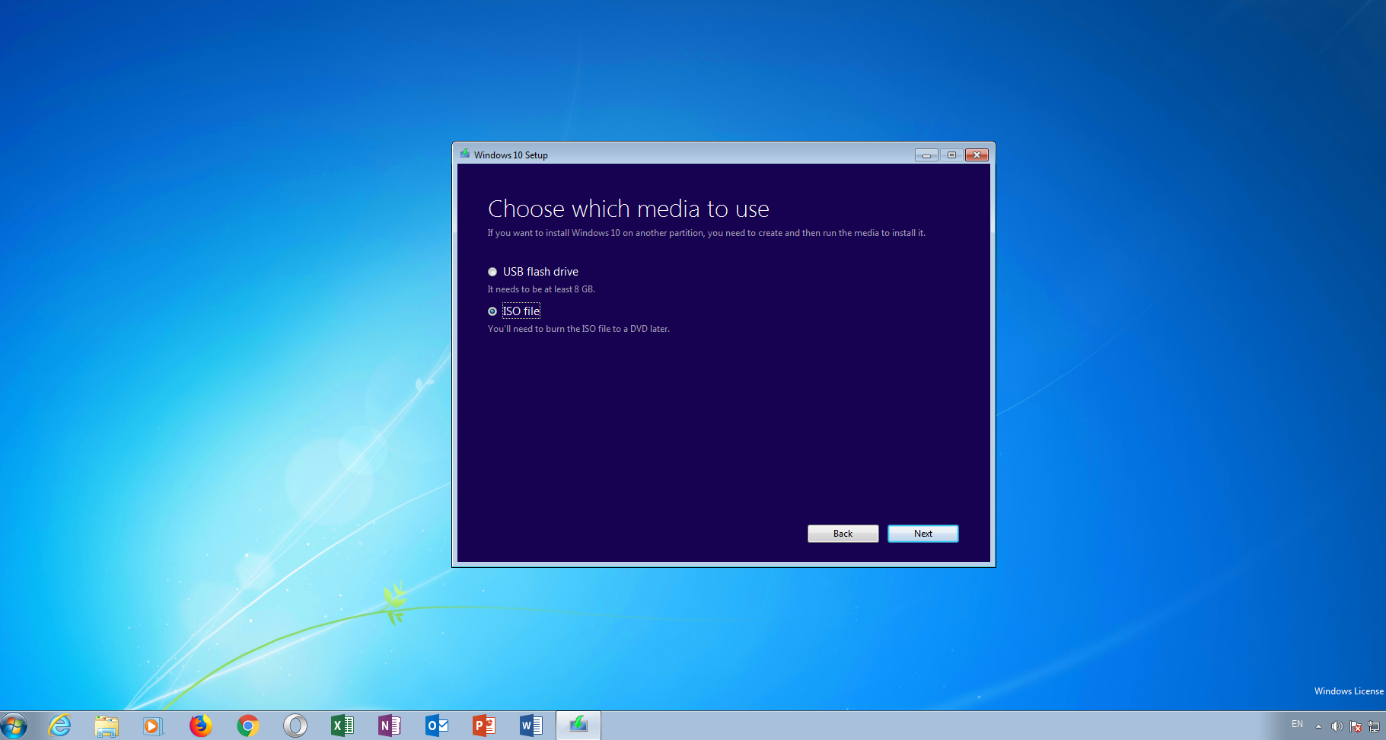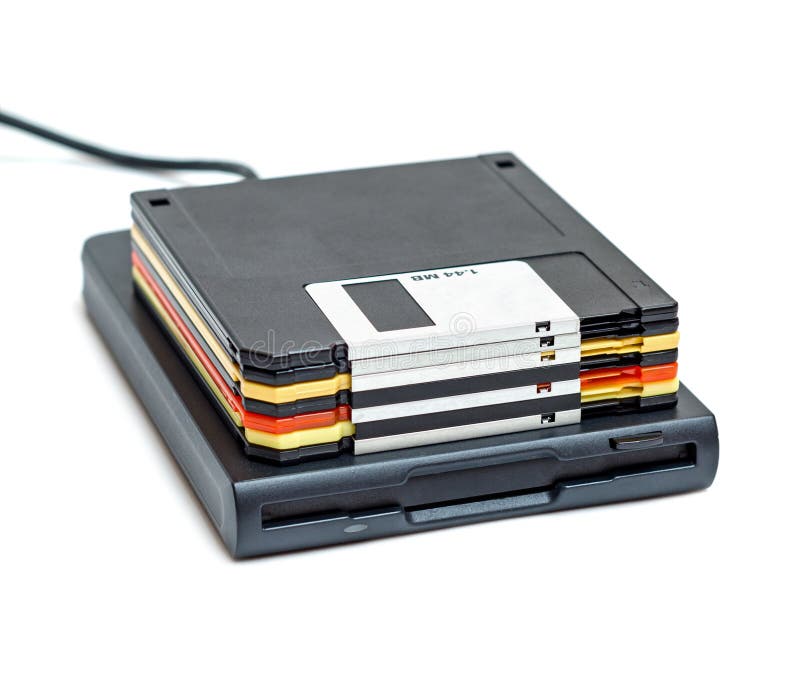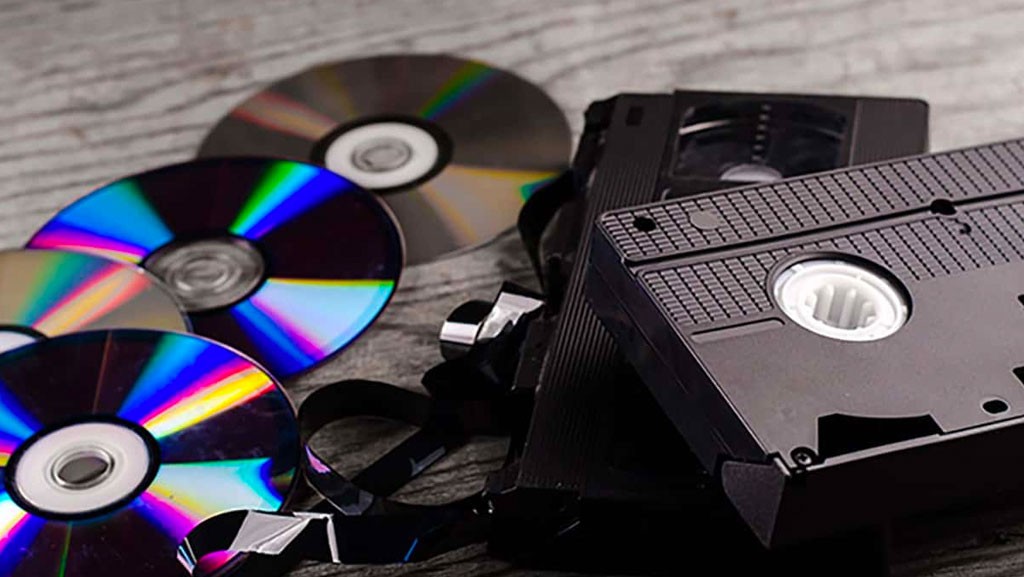
- #Disc image file to usb how to
- #Disc image file to usb install
- #Disc image file to usb windows 10
- #Disc image file to usb Pc
Press Windows + X key conbination on the desktop and select Windows Powershell (Admin). If not, please try the following steps and run commands as administrator.Ĭreate a folder named Refreshimage in the USB drive.

Then it will create system image on USB flash drive successfully. To find it, go to Start > Settings > System > Storage, scroll down to Storage Management and select Advanced storage settings > Backup options > Go to Backup and Restore (Windows 7). ★ Tip: This method also works for Windows 11, but the location of Backup and Restore (Windows 7) has a little different.
#Disc image file to usb windows 10
Confirm the backup settings and click Start backup to backup Windows 10 to USB drive. ★ Tip: Make sure you have plugged the USB flash drive into the computer the program will detect the device automatically.Ĥ. Select On a network location, click Select., input the network location of your USB flash drive (\\IP\SharedFolderName, like \\192.168.0.58\My Backups) and the network credentials, click OK to save the Windows 10 system backup. Click the Create a system image option on the left side.ģ. Type backup and restore in Windows 10 search box, then choose Backup and Restore (Windows 7), and then click Go to Backup and Restore (Windows 7).Ģ. Just do as follows to create Windows 10 system image on USB drive.ġ. And choose On a network location while choosing the destination to save the Windows 10 system image.
#Disc image file to usb how to
How to fix? Here is the solution: create a folder on your USB drive, and share the folder with yourself (your current account). And even it’s formmated with NTFS, there is a chance to get the error the drive is not a valid backup location. How to Fix The USB Drive is Not A Valid Backup LocationĪs a matter of fact, you can use Windows 10 built-in tool Backup and Restore (Windows 7) to create a system image backup for Windows 10.īut if you choose the USB drive as destination, you will very likely get the error: This drive cannot be used to store a system image because it is not formatted with NTFS (if your USB is formated with FAT32).
#Disc image file to usb install
When you install Windows on a hard drive, a system reserved partition or recovery partition is created to store WinRE, and it takes up about 450MB of space. Usually, you have two ways to restore Windows 10 back to normal if system failure: Recovery Partition, and the Windows 10 system image. Split the Windows image file into smaller files, and put the smaller files onto the USB drive: Dism /Split-Image /ImageFile:D:\sources\install.wim /SWMFile:E:\sources\install.Why Create Windows 10 System Image on USB Flash Drive? If your image is larger than the filesize limit:Ĭopy everything except the Windows image file (sources\install.wim) to the USB drive (either drag and drop, or use this command, where D: is the mounted ISO and E: is the USB flash drive.) robocopy D: E: /s /max:3800000000 Windows USB install drives are formatted as FAT32, which has a 4GB filesize limit. Follow the instructions to install Windows.


#Disc image file to usb Pc
Select the option that boots the PC from the USB flash drive. Turn on the PC and press the key that opens the boot-device selection menu for the computer, such as the Esc/F10/F12 keys. For more information, see Automate Windows Setup. Optional: add an unattend file to automate the installation process.

Use File Explorer to copy and paste the entire contents of the Windows product DVD or ISO to the USB flash drive. Step 2 - Copy Windows Setup to the USB flash drive If Mark Partition as Active isn't available, you can instead use diskpart to select the partition and mark it active.


 0 kommentar(er)
0 kommentar(er)
